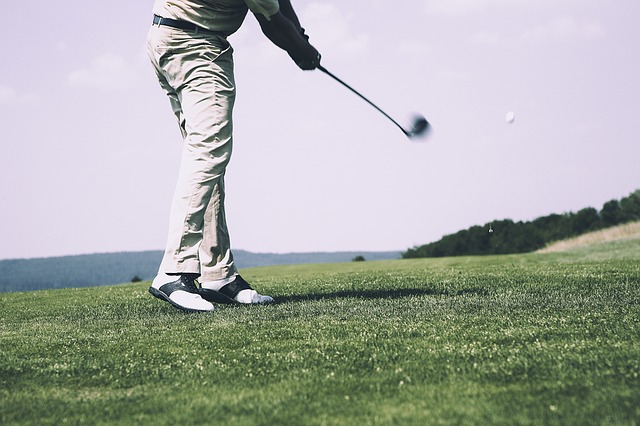Focus In Sports
There is an absolute necessity to maintain focus in any type of sports; be it golf, tennis or soccer. Even at work or in life generally, maintaining focus is very important. Sports is a task you do for satisfaction and that needs physical skill or struggle, normally done in a special location and in accordance with fixed rules. The ability to maintain concentration in the present and remain focused on this task is key in achieving optimal performance.
As a competition progresses, an athlete frequently turns his or her concentration on and off with the competition’s flow and ebb. And with this attitude of switching concentration on and off, getting into a rhythm becomes a bigger difficulty. Total concentration is highly necessary in any sports, and this happens when an athlete gets totally involved in an activity, feels that there is suspension of time, and gets rid of a sense of separation from his or her surroundings.
The absolute ability to control attention to a significant thought, object, or feeling is a major element for keen focus in any task. Athletes must also possess an ability to ignore or restrict distraction or insignificant thoughts to maintain focus. These qualities will trigger optimal performance by athletes during a competition.
There is a tendency for athletes to get distracted during sports. Most times, irrelevant cues are the main causes of these distractions. An example of these distractions is the persistent thought about future outcomes of the game. The first step to take in preventing or conquering these distractions is for athletes to recognize immediately when they are off task and take necessary action. In taking necessary action, athletes must develop the ability to refocus on the actual relevant cues whenever these distractions occur. This requires the athlete to fix or narrow his or her attention. A great way through which athletes can refocus on relevant cues when distracting thoughts come to mind, is by convincing themselves to suspend thoughts about the final outcome, such a thoughts will not help them in any way at the moment; rather, it may trigger anxiety and unnecessary pressure in them which may hinder optimal performance. Irrelevant cues also include thoughts not related to the present game; for example, athletes may be thinking about what to have for dinner, a project that must be finished the next day, or how tough the next opponent will be if they win. Athletes can overcome such distracting thoughts by going back to putting their full focus on the present task. Putting their full focus on the present task or refocusing requires athletes asking themselves a question such as, “What exactly do I need to do at the moment to perform and deliver my best?”
For years, focus has been misunderstood by athletes as concentrating on a particular thing for long period of time. This gross misconception should be eradicated and athletes should now be educated that focus actually means concentrating only on relevant cues in your sports field. With this, athletes would be free from distractions that prevent them from giving their best in any game.


